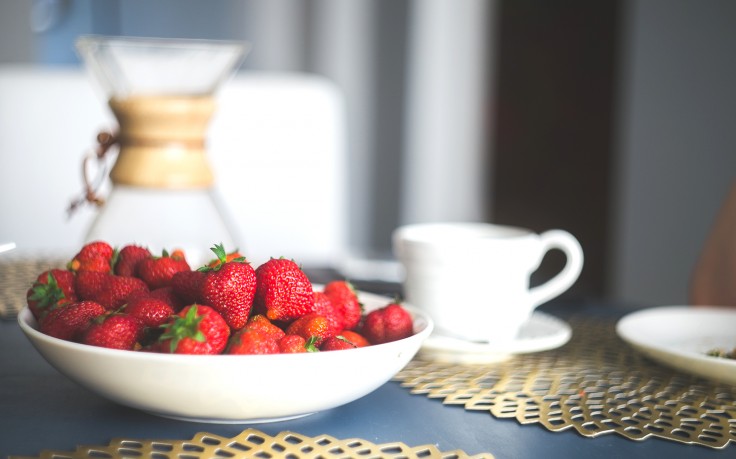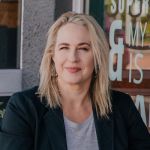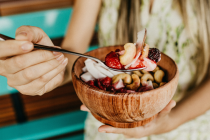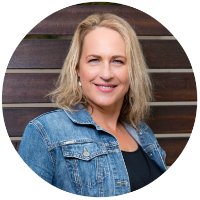Everyone is talking about and trying the LCHF, Banting, and Tim Noakes lifestyle. It has taken the country by storm and there is much debate and discussion about it. Where did it originate and what is it actually about?
The term Banting comes from the Harvey Banting Diet that became popular in the 19th century. William Banting was an overweight London undertaker. He struggled with his weight and tried many diets with little success. He then met Dr. William Harvey, who prescribed him a low-carbohydrate, high-fat diet where he achieved amazing results.
In time the term to “bant” was introduced into the English language. It referred to the use of this low carbohydrate diet for losing weight. Banting was the standard treatment for weight loss in all the major European and North American medical schools for nearly 100 years until it suddenly went out of fashion after 1959 when it was written out of all the major medical and nutritional textbooks, to be replaced with its polar opposite, the currently popular low fat, high carbohydrate, “heart healthy” diet.
How it Works
LCHF stands for Low Carb High Fat. A LCHF diet means you eat less carbohydrates and a higher proportion of fats. You minimize your intake of sugar and starches.
Lowering your sugar and starch intake leads to lowering your blood sugar. That in turn leads to decreasing the amount of insulin the body secrets. Insulin, as we know is the body’s fat storing hormone. When the insulin level is constantly low, the body can’t store fat as easily as before, and starts burning fat instead. Thus a LCHF Banting diet results in low insulin levels and improved general health.
According to Dr. Mercola “Excess weight and obesity lead to heart disease and a wide variety of other diseases. But the ill effect of grains and sugars does not end there. They suppress the immune system, contributing to allergies, and they are responsible for a host of digestive disorders. They contribute to depression, and their excess consumption is, in fact, associated with many of the chronic diseases in our nation, such as cancer and diabetes.”
Eating carbs also makes you constantly hungry and always on the lookout for something to eat. It is difficult to resist these constant hunger pangs, even if you have great willpower at some stage you will give in and start eating junk.
The focus is on REAL foods and cooking from scratch. Eat only when you are hungry and eat until you are satisfied. Once you get the addictive sugar/carbs out of your diet, your brain will automatically regulate the number of calories that you need so that your body weight eventually becomes the weight it is meant to be.
The Benefits
If you are starting on a LCHF diet and are very overweight, you will most probably lose a lot of weight and have increased energy levels. The other numerous benefits are:
- Lower blood pressure and improve symptoms of diabetes
- Improved health
- Higher energy levels
- Cravings for carbohydrates become less and very soon one doesn’t crave them at all
- Better sleep patterns and mood.
- Hunger dissipates and one needs to eat less often
- Brighten your outlook on life
- Prevent premature ageing
What Can You Eat
According to Prof. Noakes, those who are profoundly carbohydrate resistant (as he is) must restrict carbohydrates as much as possible to delay the onset of Type 2 Diabetes for as long as possible and hopefully forever.
He finds it easiest to simply remove these foods from his diet. Those with lesser degrees of carbohydrate resistance will not need to be as restrictive.
“There are no meal times. No portion sizes. No kilojoule restriction. You let the body tell you how much to eat. The only thing you count is how many grams of sugar or carbohydrates. I look in the fridge and I choose the food.”
- Allowed:Meat, fish (an excellent source of omega 3 fatty acids), chicken, eggs (free range), vegetables growing above ground and natural fats (like butter), dairy products (milk, cheese and yoghurt, all full cream) and nuts and berries in moderation. Water, tea and coffee (all unsweetened)
- Avoid:Sugar and starchy foods (like bread, pasta, rice, breakfast cereals and potatoes). All processed and refined foods. All sugary drinks and sweetened fruit juices. Artificial sweeteners and products containing these. Vegetable oils and margarines containing high concentrations of omega 6 fatty acids.
Eat when you’re hungry and until you are satisfied. It’s that simple. You do not need to count calories or weigh your food.
From Prof. Tim Noakes, “The internet is full of information about the low carbohydrate revolution. Type in low carbohydrate or Paleo diet into Google and start searching. I list below a few (in no special order) and include books that may be helpful.”
- Gary Taubes – Good Calories Bad Caloriesand Why we get fat and what to do about it. Perhaps two of the most important health books of the past 50 years.
- Mark Sisson – The Primal Blueprint– Book and internet site.
- Dr Westman and colleagues – New Atkins Diet for the New You– Book and internet site.
- Pierre Dukan. The Ducan Diet. Book and internet site.
- Loren Cordain – The Paleo Diet– Book and internet site.
Taken from my original article on www.spice4life.co.za










2 Comments